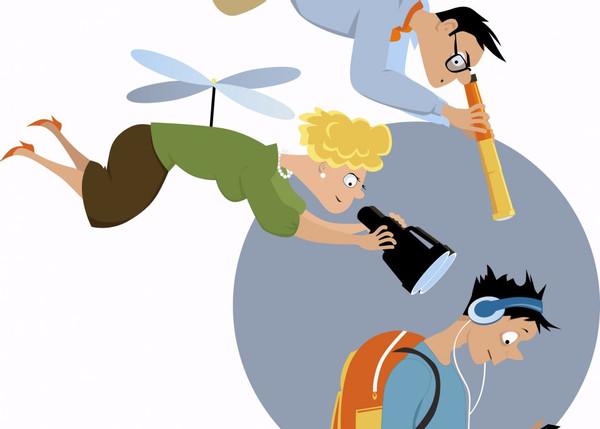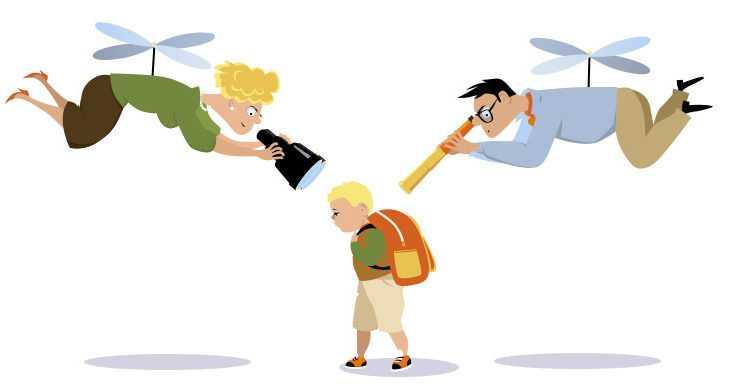Learn more about parenting with this collection
How to create a cosy and comfortable home environment
How to cultivate a sense of gratitude and contentment
The benefits of slowing down and enjoying simple pleasures
Being involved without smothering your kids
In Dr Haim Ginott's book Parents & Teenagers, teenagers used helicopter parenting to describe how their parents hovered over them like helicopters.
Helicopter parenting refers to a type of parents who are overly focused on their children. They usually take excessive responsibility for their children's experiences, specifically their successes or failures.
47
1.06K reads
The helicopter parent
Helicopter parents may be involved in a child's life that is over-managing and overprotecting.
- In toddlerhood, a helicopter parent might constantly hover over the child, always directing his play and behaviour.
- In elementary school, they may help too much with homework or ensure a child gets a specific teacher or coach.
- In high school or college-aged students, helicopter parents help to complete tasks children can manage on their own, such as organising a class schedule or calling a professor.
44
734 reads
Why parents hover
- Fear of consequences. Parents might worry that their child may receive a low grade or get rejected from the sports team. Most of these consequences, such as unhappiness, effort or hard work, are not life-threatening.
- Feelings of anxiety. Concern about the economy can push parents to take more control, believing they can keep their children from being hurt.
- Overcompensation. A parent may try to remedy a lack from their own upbringing by overdoing it in their children.
- Peer pressure from other over-involved parents.
43
586 reads
Effects of helicopter parents
Many helicopter parents have good intentions, but when parenting is governed by fear, it's hard to see all the things kids can learn without help.
Failure and difficulties teach kids new skills. However, when we overprotect children,
- it decreases children's confidence and self-esteem.
- They don't develop coping skills for loss, disappointment, or failure.
- Increase their anxiety.
- They develop a sense of entitlement.
- They never learn to master certain skills themselves.
49
578 reads
How to avoid helicopter parenting
As parents, we have to look at our children now and how they should be as adults. Getting them from children to adulthood involves suffering for both child and parent.
This means allowing children to struggle.
- Allow them to be disappointed and help them to work through failure.
- Let your children do the tasks they're physically and mentally capable of, even if they battle at first.
45
592 reads
CURATED BY
More like this
6 ideas
How to Avoid Passing Anxiety on to Your Kids
childmind.org
8 ideas
6 ideas
4 Types of Parenting Styles and Their Effects on Kids
verywellfamily.com
Read & Learn
20x Faster
without
deepstash
with
deepstash
with
deepstash
Access to 200,000+ ideas
—
Access to the mobile app
—
Unlimited idea saving & library
—
—
Unlimited history
—
—
Unlimited listening to ideas
—
—
Downloading & offline access
—
—
Personalized recommendations
—
—
Supercharge your mind with one idea per day
Enter your email and spend 1 minute every day to learn something new.
I agree to receive email updates

